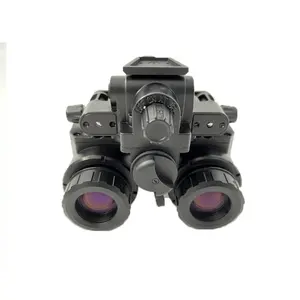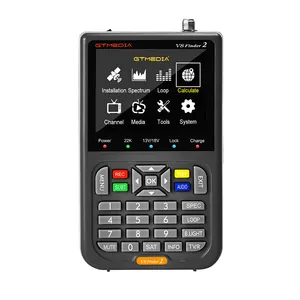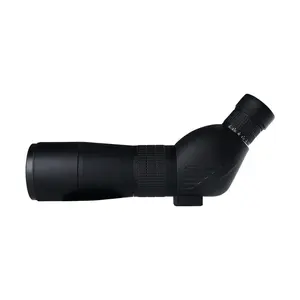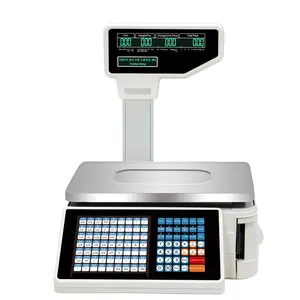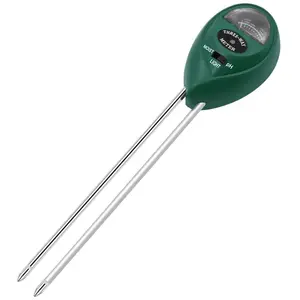Popular in your industry






















































































































































































About screw gauge
A screw gauge is a widely used instrument in various industries. It plays a crucial role in measuring the diameter of thin wires, small spherical/cylindrical bodies, and the thickness of glass slides. With precision and accuracy, a screw gauge can help ensure the smooth running of different operations.
Types of screw gauges
Different types of screw gauges exist, each designed to serve a specific purpose. Pitch gauges and nut and bolt thread checkers are essential tools in precision engineering, used for accurately measuring the pitch of threaded parts and ensuring compatibility of nuts and bolts. The nut bolt gauge, and micrometer screw gauge are invaluable in workshops for precise measurements, with the former assessing nut and bolt sizes and the latter providing extremely accurate screw thread measurements.
Pitch gauges, nut and bolt thread checker, nut bolt gauge, micrometer screw gauge, and nut and bolt thread gauge are essential tools in precision engineering for accurate measurement and compatibility assessment of threaded parts. Pitch gauges, for instance, are used to measure the pitch of a screw thread. The metric thread pitch gauge, a subtype of pitch gauges, is designed to measure the pitch of metric threads. Similarly, a micrometer screw gauge is used for precise measurements where a normal scale would not suffice. A nut and bolt thread checker, on the other hand, is used to identify the size of nuts and bolts by simply screwing them into the gauge.
Materials used in making screw gauges
The materials used in the production of screw gauges vary depending on the type and the specific application for which the gauge is designed. However, some commonly used materials include stainless steel, brass, and plastic. Stainless steel is often preferred for its durability and resistance to rust and corrosion. Brass, although not as strong as steel, is resistant to sparking and is therefore used in applications where sparking could pose a safety risk. Plastic is used for more lightweight applications and is often chosen for its cost-effectiveness.
Advantages and features of using a screw gauge
The use of a screw gauge offers several advantages. For one, it provides highly accurate measurements, ensuring precision in various operations. Secondly, its wide range of applications makes it a versatile tool in industries such as manufacturing, engineering, and construction. Lastly, the use of durable materials in its production ensures its longevity, making it a cost-effective investment in the long run. Screw gauges come with a variety of features that enhance their functionality. For instance, the starrett thread pitch gauge features a lock device which holds the leaves in position when the gauge is being used, ensuring accurate and consistent measurements. The metric bolt gauge, a type of nut and bolt gauge, comes with a comprehensive range of sizes, making it a versatile tool for identifying bolt sizes. The micrometer screw gauge features a thimble mechanism that allows for precise control of the measurement.
A screw gauge is an essential tool in various industries. Its different types, materials, and features make it a versatile and suitable instrument for precise measurements. Whether it's a pitch gauge, a micrometer screw gauge, or a nut and bolt thread checker, each serves a unique purpose and provides valuable assistance in various operations.
